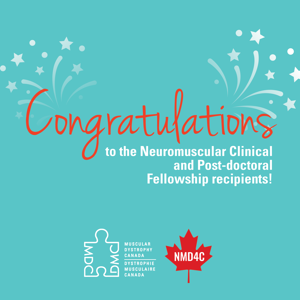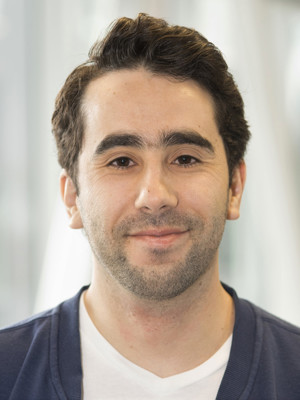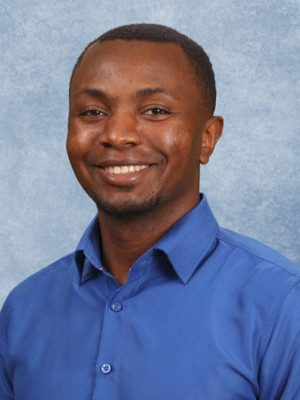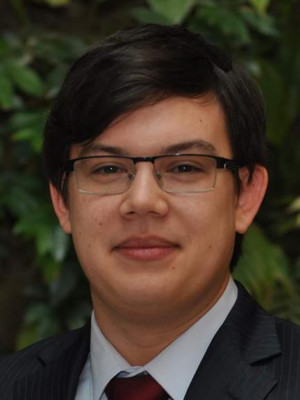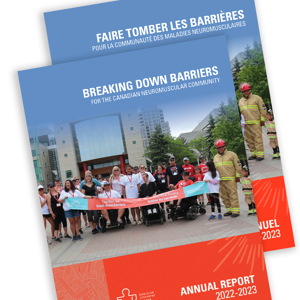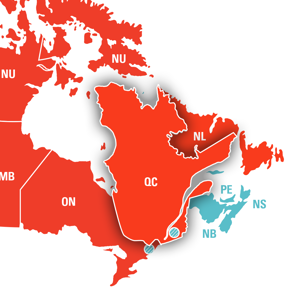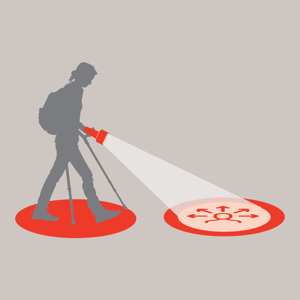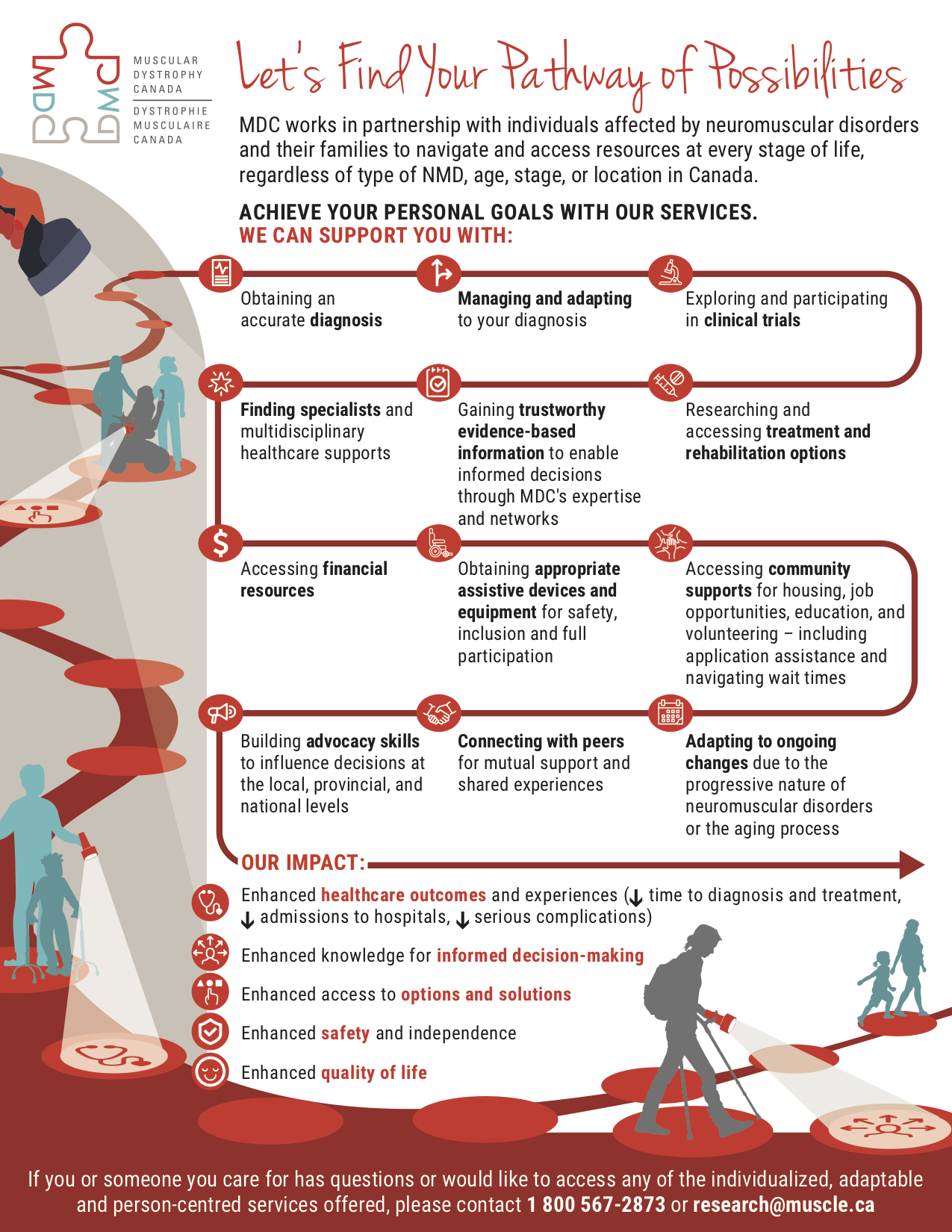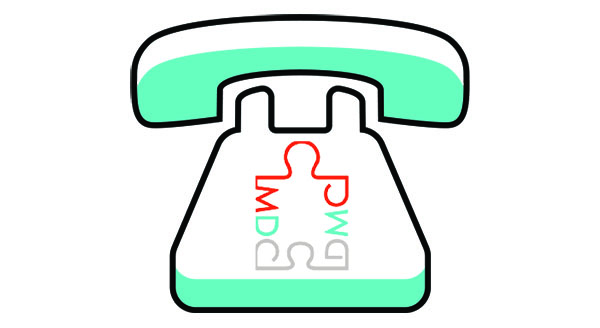Muscular Dystrophy Canada (MDC) is pleased to announce the recipients of its annual Neuromuscular Research Grants competition. Through these grants, MDC is investing $900,000 into clinical and translational research projects focused on managing healthcare, understanding diagnosis and disease progression, enhancing care, discovering novel treatments and therapies and moving research towards the development of cures.
This year, the funded studies focus on spinal muscular atrophy, Duchenne muscular dystrophy, myotonic dystrophy, dysferlinopathies, limb-girdle muscular dystrophies, immune-mediated myopathies, autosomal recessive spastic ataxia of Charlevoix-Saguenay (ARSACS) and cross-cutting research with findings that will inform a wide range of neuromuscular disorders. Additionally, thanks to the generosity of our supporters, MDC was able to invest $63,630 towards an innovative natural history study led by Dr. Gonorazky on Charcot-Marie-Tooth disease, bringing our investment in research projects close to $1 million.
“These grants fund research across a broad set of neuromuscular disorders, help fill current gaps in the funding landscape, and honour our commitment to increasing opportunities for translational research,” said Stacey Lintern, CEO, Muscular Dystrophy Canada. “Of course, this is only possible thanks to our generous donors, incredible supporters, Fire Fighters and volunteers. I’d also like to thank the clinicians and researchers on our Scientific Review Panel, as well our Lived Experience Readers who volunteered their time and expertise in selecting this year’s recipients.”
2024-2025 clinical and translational science research grant recipients:
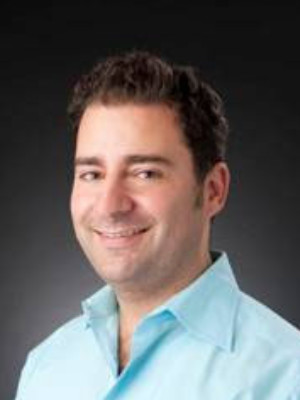 Dr Haim Abenhaim
Dr Haim Abenhaim
Maternal and neonatal outcomes of cesarean deliveries in women with muscular dystrophy
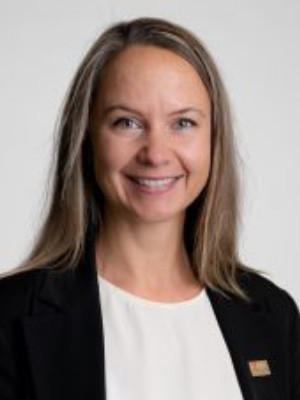 Dr Krista Best
Dr Krista Best
Efficacy of wheelchair skills training to improve mobility for people with ARSACS and DM1
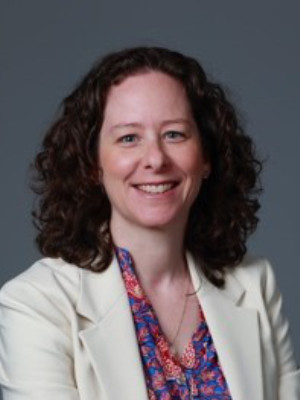 Dr Nathalie Bier
Dr Nathalie Bier
Understanding the impact of central nervous system impairments on daily life in myotonic dystrophy
 Dr Rageen Rajendram
Dr Rageen Rajendram
Utilizing AI to predict non-invasive ventilation need in neuromuscular disorders: a proof of concept
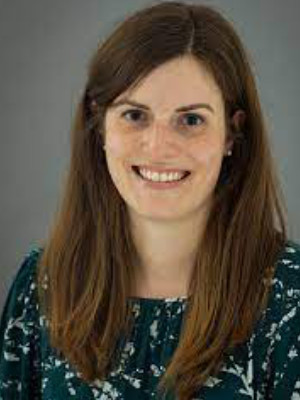 Dr Karine Choquet
Dr Karine Choquet
Elucidating DYSF pre-mRNA splicing to inform therapeutic avenues for dysferlinopathies
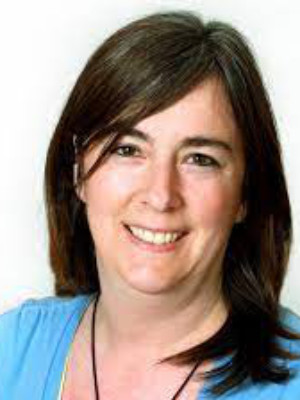 Dr Lisa Hoffman
Dr Lisa Hoffman
Angiopoietin-1 enhances microdystrophin replacement therapy for Duchenne muscular dystrophy
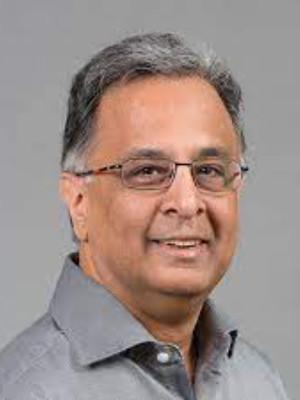 Dr Rashmi Kothary
Dr Rashmi Kothary
Maternal transfer of AAV vectors: a minimally invasive approach to deliver SMN-gene therapy for SMA
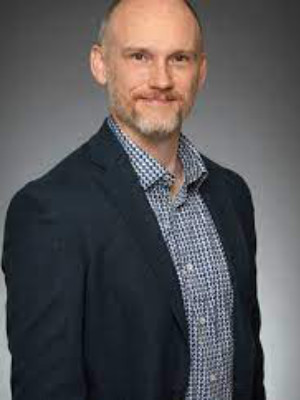 Dr Keir Menzies
Dr Keir Menzies
A new in vitro eccentric muscle contraction assay for drug repurposing for muscular dystrophy
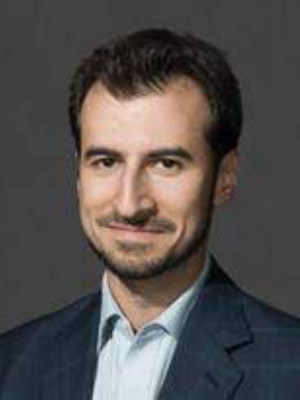 Dr Gerald Pfeffer
Dr Gerald Pfeffer
Single nucleus RNAseq biomarkers in adult-onset muscle diseases
Learn more about MDC’s research investments and the incredible projects that will improve our understanding and drive the development of new treatments and cures for NMDs:
Watch the full Neuromuscular Research
Grants announcement
Current Grants
Looking to connect with MDC’s Research Team? No problem! Contact our Research Hotline at research@muscle.ca


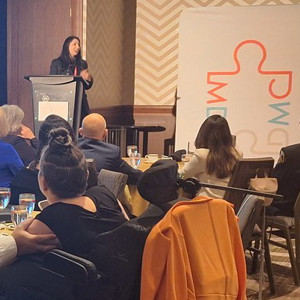

 Dr Haim Abenhaim
Dr Haim Abenhaim Dr Krista Best
Dr Krista Best Dr Nathalie Bier
Dr Nathalie Bier Dr Rageen Rajendram
Dr Rageen Rajendram Dr Karine Choquet
Dr Karine Choquet Dr Lisa Hoffman
Dr Lisa Hoffman Dr Rashmi Kothary
Dr Rashmi Kothary Dr Keir Menzies
Dr Keir Menzies Dr Gerald Pfeffer
Dr Gerald Pfeffer